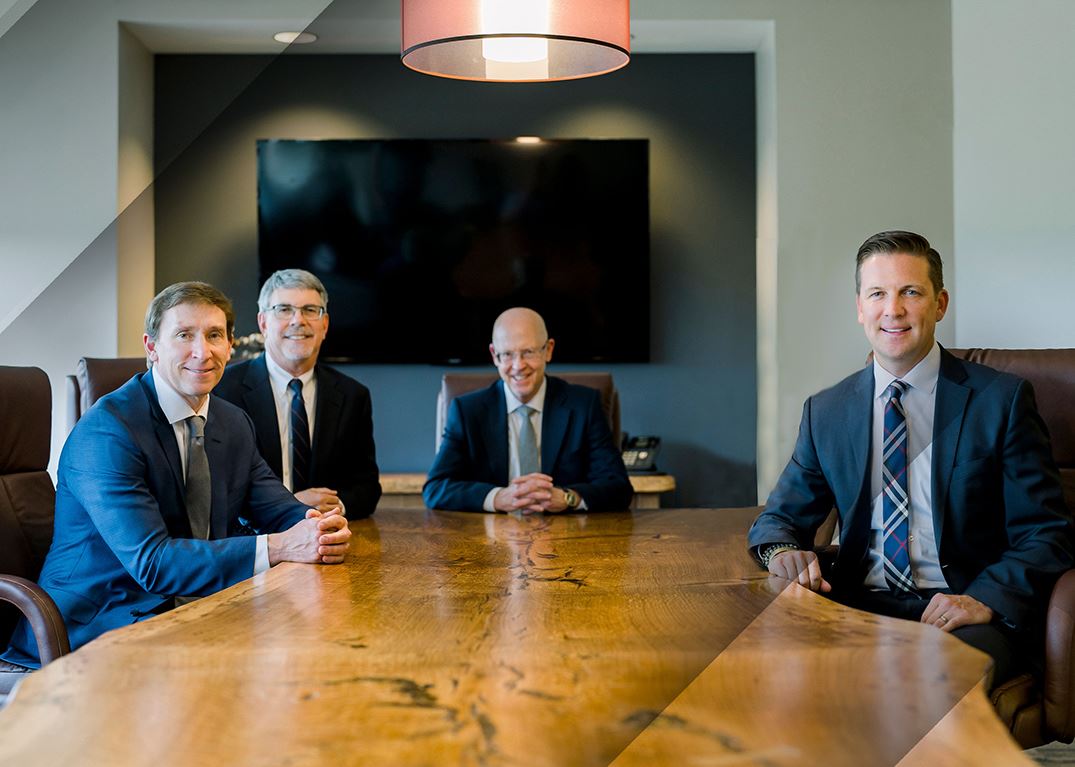2020 Scholarship Winners
Denver Trial Lawyers ® is proud to announce the winners of our undergraduate and law school scholarship contests: Nicole Swatten and Theodora Maftei!
Nicole Swatten’s “Great Citizen” Essay
What Makes a Good, No Great, Citizen Within Their Community?
I believe service to others is what makes a great citizen within their own community. Service is made up of two pillars; selflessness and humility. In the age of technology, it is easy to get caught up in the self-gain webs of society. Someone that is a great citizen is cognizant of these behaviors and uses their privilege to help others, and their platforms to speak out. A great citizen understands that their community has shaped them, whether it be negative or positive. There is often a mentality of, “Get out of this town, and get to bigger things,” which can lead people to not appreciate what shaped them and their values. I understand that my community has supported me and shaped me, which is why I have a desire to give back. I understand that I could not have accomplished a fraction of what I have done without my community's support and that wherever I go I need to continue to raise up those people in my community that supported me. Being a good citizen is helping to forge a better life and path for others.
My family history includes a drug addicted mother and an abusive relationship with my father. Due to my tumultuous past, I am very aware that I may not be here today if it weren’t for many mentors in my life. In high school, my mentors taught me to believe in myself. My love for service to others started when I formed a women’s robotics team in high school and became the President of a mix-gendered robotics team on campus. I encouraged other women to believe in themselves and by the time I graduated, the amount of women in team leadership had tripled. My mentor of the robotics team was a woman and she had pushed me to believe I had the intelligence and leadership skills to be a great president. It was paramount that my team gave back to the community that had funded our robots, which led me to set up middle school tutoring sessions and participate in community events to inspire kids' love for STEM.
It was very important for me to continue my service to others as I entered college to study electrical engineering. I am a high school mentor for Young Engineers Shape the World (YESW). YESW is a STEM camp that meets every week to educate women and minority high school students interested in STEM about different career paths and majors of engineering. I also volunteer my time to give tours of ASU to prospective students and women interested in pursuing an engineering degree. I believe it is important for women interested in STEM fields to have a role model that doesn’t “fit into the mold”. I have often been told I don’t look smart due to my interest in makeup, fashion choices, and other characteristics. It is extremely important for me to set an example for girls interested in STEM careers.
Due to COVID, I wanted to find a way to serve young women on a larger scale. As technology continues to develop, it is easier to spread information and reach out to an audience. I am very involved in my campus and I was a NASA Intern from January 2020 to August 2020. I started to dedicate time to my social media presence (@engineeringnikki) in order to inspire young women’s love for space and offer advice. On my TikTok and Instagram accounts I have 5200 followers combined and I post to normalize imposter syndrome, feeling overwhelmed, not being naturally good at math but still pursuing an engineering career, and many more raw feelings that social media often hide. Additionally to the emotional facets I discuss, I post videos breaking down science concepts to make science more accessible to the general public. I had many young women message me to get advice on writing their college essays, choosing classes, and finding scholarships so I started hosting free online mentoring sessions on my weekends. I also review women’s college applications and have created an open source spreadsheet that has a list of scholarships engineering women can apply to. I know I would not be where I am today without my amazing mentors and can only hope I am providing the same mentorship to these smart, beautiful women of the future.
I am a great citizen of my community because I want to uplift others. I believe there should not be gatekeeping within the STEM field and it is important to encourage young women and people to believe in themselves.
Teodora Maftei’s “Checks and Balances” Essay
One Size Fits All
Clothing. Education. Sentencing. The common denominator shared among these items is the idea of “one size fits all”. However, in two of the three items, our society has learned that this approach is faulty. Clothing brands such as Brandy Melville that have marketed “one size fits all” have received intense consumer backlash for the lack of size diversity, which was completely justified in my opinion. There are many different body types and it is unreasonable to pigeonhole ourselves into erroneously believing there is no diversity among human shapes. In education, we have accepted that individuals learn by different means. There are visual, auditory, reading and kinesthetic learners. Children with learning disabilities are not placed in the same learning environment as children who are high performers because we know each group has specific needs. There is a fallacy that the “one size fits all” approach is just and suitable for sentencing when we have seen this approach has failed when implemented in other parts of our society. Justice is allowing an offender to be judged by the facts of their case and tried in front of a judge and a jury. Justice is not using the “one size fits all” approach to create mandatory minimum sentencing which strips both offenders and judges of their individuality.
Mandatory minimum sentencing laws subscribe to the “one size fits all” approach by blindly sentencing individuals who have committed nonviolent crimes to a minimum amount of time in prison. The most common offenses involving mandatory minimum sentencing include drug, firearm, and sexual abuse offenses (United States Sentencing Commission). While the thought behind introducing mandatory minimum sentencing made sense from a theoretical standpoint since lawmakers assumed these laws would deter individuals from committing these crimes, we have seen these laws have had overall negative impacts on our society and frankly lead to cruel and unjust punishment for many affected by these laws.
Since the 1970s when mandatory sentencing laws became more widespread, we have unjustly subjected individuals to serving minimum prison sentences. A first time drug offender can receive a five year minimum sentence for carrying five grams of crack cocaine, yet there is no way to distinguish whether this first time drug offender has a history of drug abuse or simply has made one costly mistake in an otherwise law abiding life (Golash-Boza). Both individuals receive the same sentencing because judges have been stripped away of their powers to decide a prison sentence. Mandatory minimum sentences have deprived offenders and judges of making and deciding their own case respectively. They have also contributed to an increase in prison populations. As of 2015, the United States is the world leader in incarceration, imprisoning 698 people for every 100,000 adults (Golash-Boza). As of September 2016, more than half of federal inmates were convinced of an offense that carried a mandatory minimum penalty (United States Sentencing Commission). This form of sentencing also disproportionately affects minority communities. In 2016, 40% of the offenders carrying a mandatory minimum sentence were Hispanic (United States Sentencing Commission).
What has happened in the meantime? Crime rates have fallen yet incarceration continues to rise. We continue to spend more and more on incarceration. In 2017, the federal prison budget system was about $7 billion, almost $2 billion more than the budget to care for homeless people (Criminal Justice Policy Foundation). The families of these non violent offenders have been broken up and their local communities have suffered. Reform in minimum mandatory sentencing could lead to reallocating money from the prison budget to create rehabilitation programs for first time offenders, leading to less individuals incarcerated and less taxpayer money spent on the prison system and instead spent on programs that have a better return on investment. There are alternative ways to educate offenders outside of imprisonment and still provide justice to offenders and the individuals they’ve affected by their crimes. By doing this we would also help keep families together and help rebuild disadvantaged communities.
By maintaining mandatory minimum sentences, we have stripped away an individual’s right to a fair trial since we have grouped all offenders under the “one size fits all” approach. There is nothing just about blindly bucketing offenders into certain minimum prison sentences without understanding the nuances of each individual that is to be sentenced. We know that the “one size fits all” approach hasn’t worked in other aspects of society so if we want to provide justice, we should stop using this faulty logic in deciding something as serious as a person’s future.








